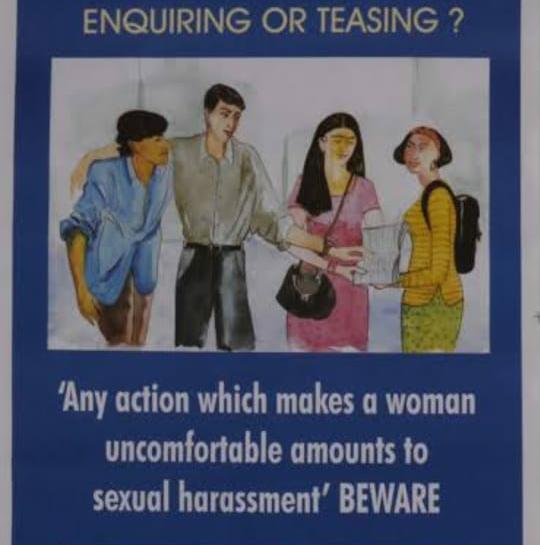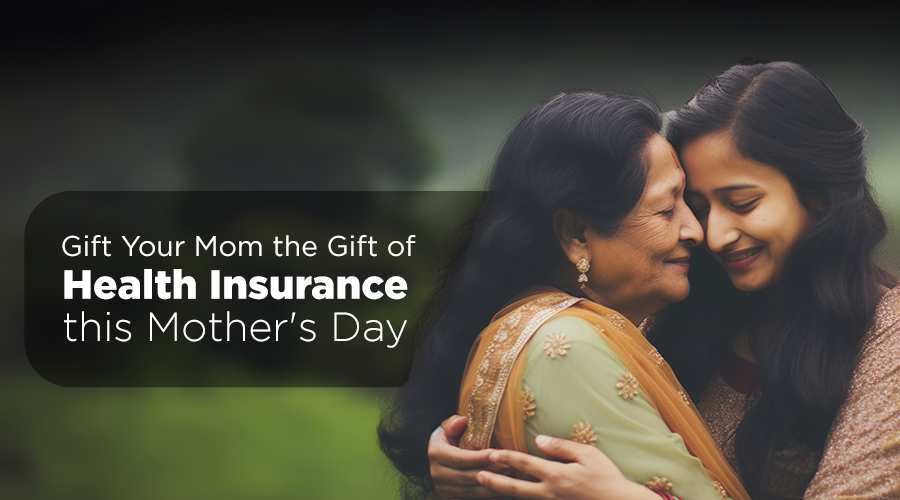I’m 30 years old. I’m a travel columnist who has had the fortune to travel widely across South-East Asia, Central America and India.
Many a time, readers ask me how my family and I were brave enough to live in El Salvador or travel to Nicaragua. “Aren’t they dangerous places?” They ask.Sure, some of the regions we’ve visited do have a violent history. But the most terrified I have been in 30 years of my existence, was in the capital of the country I call my motherland.
The year was 2005 and I was interning with a major English news channel in New Delhi. After getting off work at five in the evening, I was waiting by a bus stop. I was meeting my relatives for dinner at a restaurant, a little way off. The sun had not yet set. There was a cluster of other people around at the bus stop. The bus was taking a long time to come.
I must have stood there for around ten minutes, when a car slowed down to a halt in front of me. The driver slowly rolled down his window and addressed me in Hindi, ‘Aaja…’. (Come on.) It took me a moment to process that it was directed at me and when it did, I completely ignored it.
He shrugged and drove on, obviously not in the mood for resistance.
No sooner had he zoomed off than I heard loud honking from the other side of the two-lane road. It was a big white four-wheel drive and the driver who was wearing dark glasses was gesturing at me. I still remember the cold, icy feeling of fear that washed across me. My knees started to shake. I looked to the left and right. There were other people there. Men who were steadfastly ignoring the harassment, I was suddenly invisible.
I willed with all my might for the bus to come. There was no sign of it. The man on the other side of the road revved up the engine. He was taking his time. But he was coming. I wondered if I should run, but he was in a car, what good that would do. I wondered if these people would act, if something actually happened.
As the four-wheel drive, inched its way across the road, time slowed down. I felt my heart stop. This was not happening. Not to me. I was the class nerd. I was wearing a Kurta and Jeans. I was not even from here. And I suddenly realized that this happened to every woman. Age, size, education, clothing, job; nothing mattered. All that mattered was my gender. Then as if from nowhere, an autorickshaw appeared.The driver urgently motioned me to get in and I did, stumbling in my haste. He sped off and even though the man followed us for a bit, we lost him at the first signal.
‘Arre Behenji,’ the autorickshaw driver said, after I stuttered the name of the restaurant, I was going to.‘Is time pe koi ladki akeli bus-stop pe khadi rehti hai kya?’ (Sister, does any girl stand alone at the bus stop at this time?)
The time was 5:30 pm. The bus stop I was standing at was in Greater Kailash, in the very posh South of Delhi.
I mumbled something vague in response. I was filled with gratitude and I was still shaken. The horror of what could have been and the relief at escaping it, flooded through me as I tried to keep myself from thinking of those who had not been as fortunate as me.
I ended up hating Delhi for the fear it instilled in me that night. Even though, I ended up working there in another part of the state later on, I couldn’t shake the feeling that I was alone. Truly alone and that the men out there, were out to get me and other women like me. And those who were not were less likely to be like the auto-rickshaw driver, and more like the men I encountered at the bus stop.
It was only in 2007 when I moved to Bangalore, did I regain my confidence of stepping out after 6 pm and that too without a male friend or colleague in tow. Till then, it was just easier to give in to the diktats of rape culture – than stand up for myself. I wanted to live.
The Garden city, at the time, seemed so much safer. So what if the nation’s capital needed to clean up its act, at least there were other cities where women were more than just things to be objectified, molested and raped, I thought and even believed.
But now, nine years later, the very fact that we need to initiate a campaign urging bystanders to act, and for the society in general to be mindful of women’s safety, tells me otherwise.
In a city where six year olds are abducted from their schools and raped and where the officers committed to our protection browbeat women into toning down their complaints of sexual assault, where is the safety?
It is time we stopped pretending that moving cities will help. It is time we stopped putting the onus on women to dress a certain way and not leave the house after a certain time, to stop getting attacked. It is time to stand up and speak out if you see an injustice.
Because really, do we have any logical reason not to?
Shweta is a travel columnist and best-selling author. She is currently based in the Philippines with her husband and two year old daughter. More on her life and work here – http://www.shwetaganeshkumar.com.






